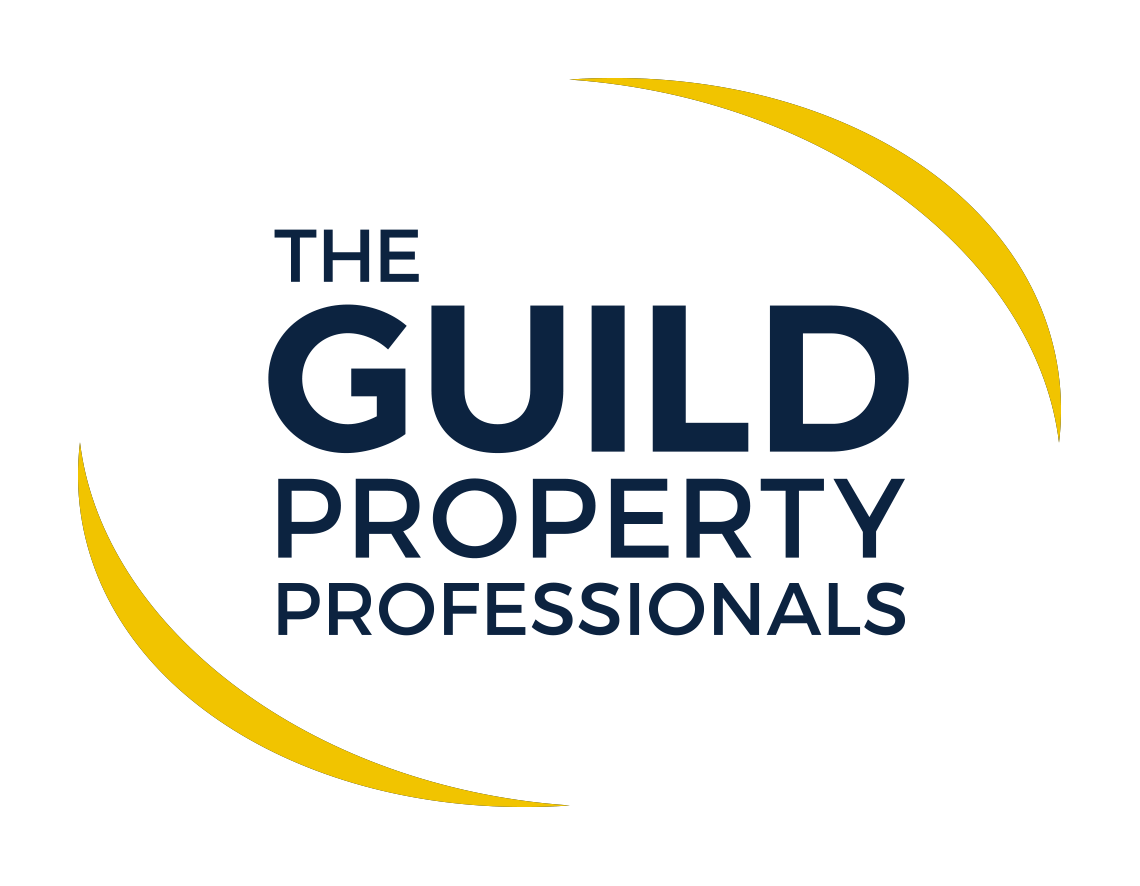AML Checks for Estate Agents
Anti-money laundering (AML) measures are crucial for estate agents to maintain the integrity of financial transactions and comply with UK legal standards. Given the high value of property transactions, the property industry is a prime target for criminals looking to launder illicit funds.
Estate agents play a pivotal role in identifying and preventing these activities by implementing robust AML practices involving conducting thorough due diligence on clients, verifying identities, understanding the source of funds, and monitoring transactions for suspicious activity.
Estate agents must stay informed about the latest AML laws and best practices, ensuring your procedures are up-to-date and effective in order to protect your business and be able to demonstrate this in the event of an HMRC audit.
AML Obligations for Estate Agents: Legal Requirements and Penalties
Estate agents are legally required to perform Anti-Money Laundering (AML) checks. These obligations stem from the need to prevent the property industry from being exploited by criminals to launder illicit funds. Compliance with AML regulations is not only a legal duty but also crucial for maintaining the integrity and reputation of your business. Failure to conduct these checks can result in severe penalties, including fines and reputational damage especially in preparation for any potential HMRC audit.
Estate agents perform several AML checks to ensure the legitimacy of their transactions and comply with regulatory requirements. This could mean verifying the identity of clients through official documents, understanding the source of funds being used for the property purchase, close monitoring of transactions, seeking information about the client’s business activities, maintaining records of all AML checks and reporting any suspicious activity to the relevant authorities.


